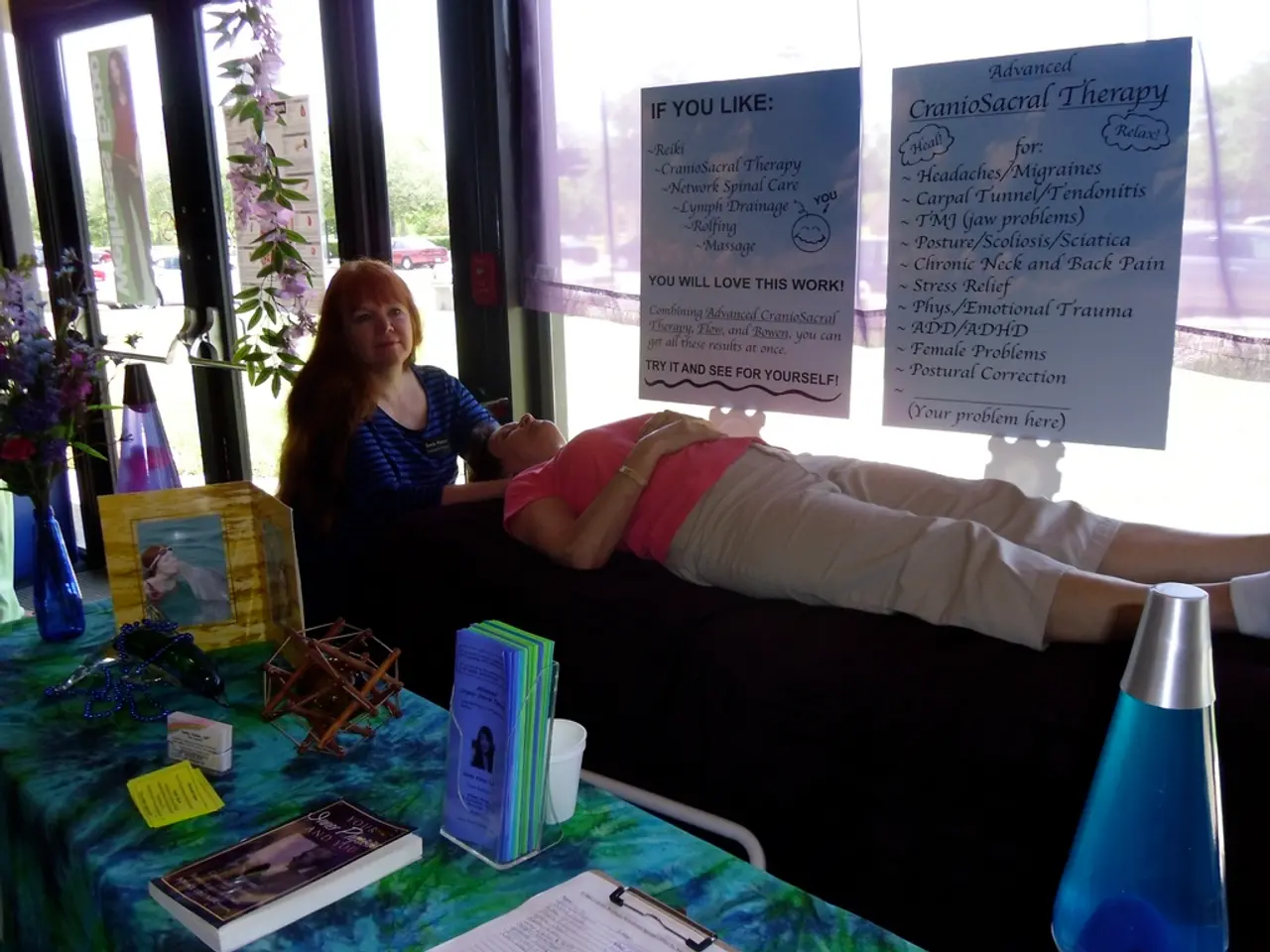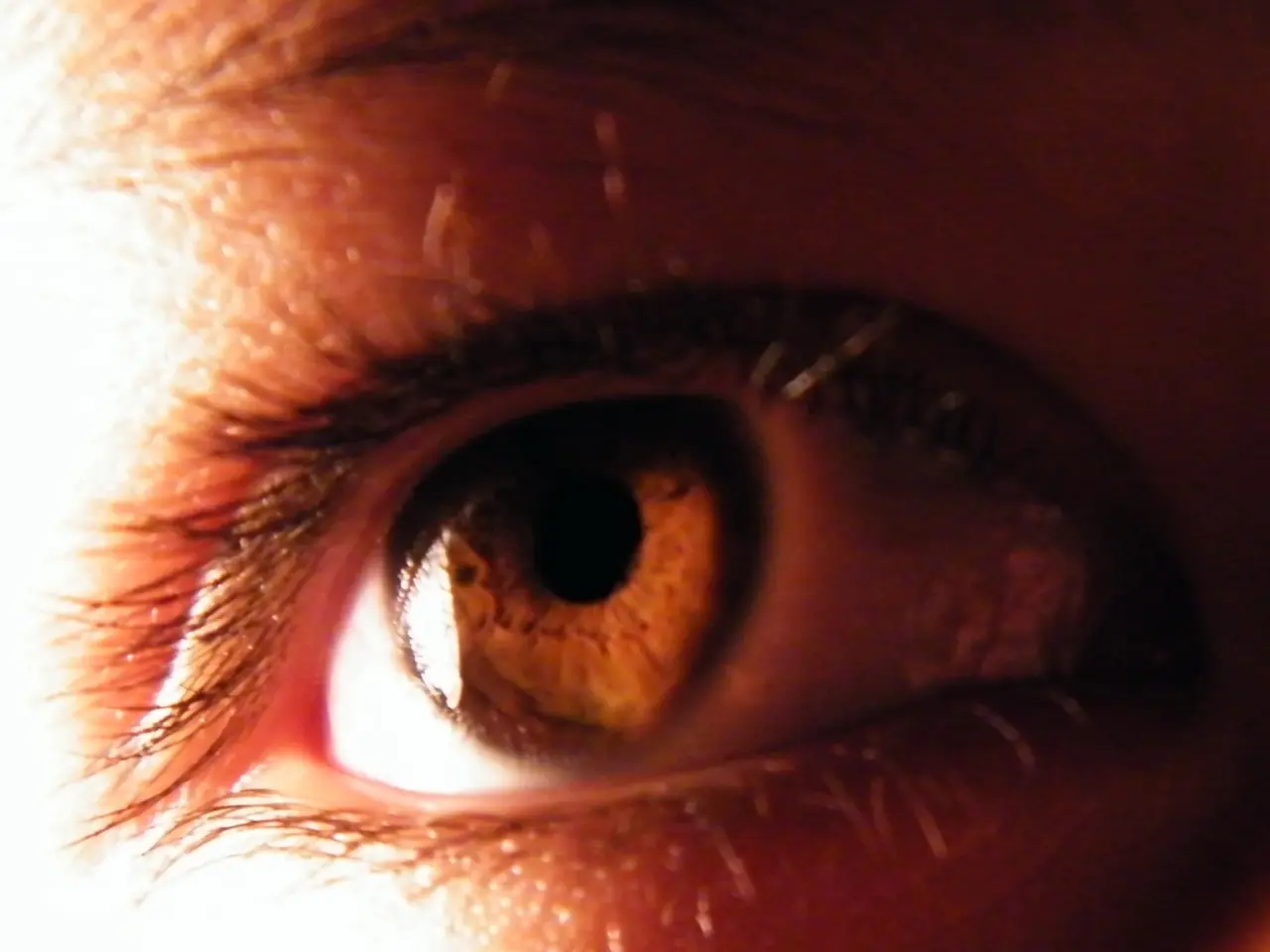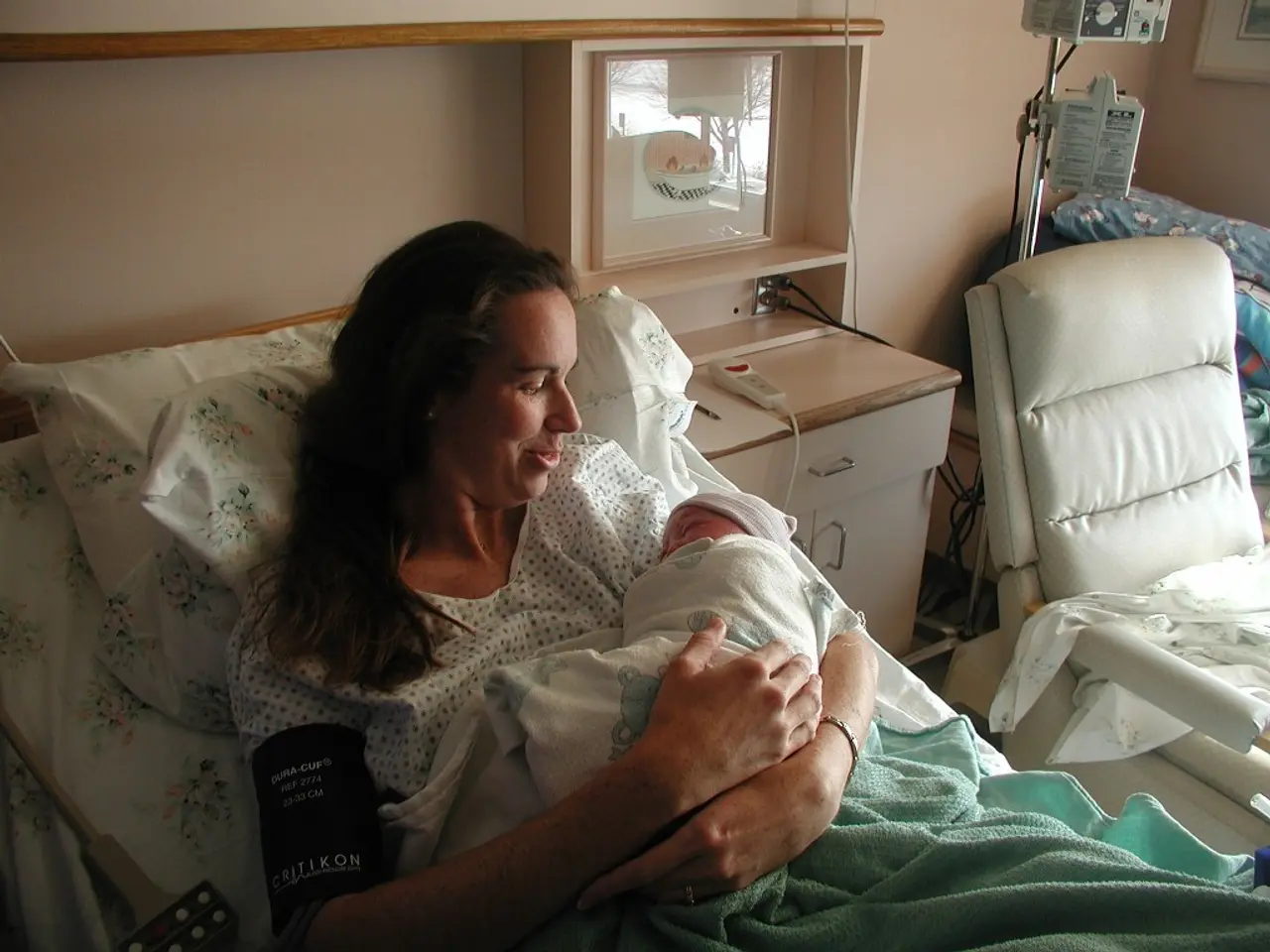Guide to Mental Health Recovery: Regaining Mental Stability and Happiness
In an era where mental health concerns are escalating, the significance of rehabilitation centers cannot be understated. These sanctuaries of healing provide a vital pathway for individuals grappling with a myriad of mental health disorders, offering a route to recovery and a renewed sense of hope. More often than not, mental health issues are intertwined with addiction, making treatment a complex endeavor. This extensive guide delves into the essence of mental health rehabilitation, exploring its importance, processes, and the transformative journey it offers to those seeking recovery.
Mental health rehabilitation is a multifaceted approach to healing individuals grappling with mental health disorders, substance abuse, or both. It transcends mere symptom management, instead aiming for holistic recovery by addressing psychological, emotional, and social aspects. At its core, rehabilitation fosters empowerment, allowing individuals to reclaim control over their lives and embark on a journey towards wellness.
Personalized treatment plans are a crucial component of rehab centers. These plans are tailored to suit each individual's unique recovery journey, often integrating various therapy modalities, medication management, and lifestyle interventions. For instance, Ixande Clinic and Harmony Clinic in Cape Town construct treatment plans to cater to individual needs and circumstances.
Therapy serves as the cornerstone of mental health rehabilitation. A myriad of therapeutic interventions, such as cognitive-behavioral therapy (CBT), dialectical behavior therapy (DBT), and mindfulness-based interventions, are employed to address underlying psychological issues, develop coping strategies, and promote emotional resilience.
Medical support and monitoring are essential for those battling substance abuse. Rehabilitation centers offer medical detoxification services under the supervision of qualified healthcare professionals to ensure safe withdrawal from addictive substances.
Beyond clinical interventions, rehabilitation centers provide psychosocial support to foster social reintegration and community re-engagement. Group therapy sessions, peer support networks, and vocational rehabilitation programs help individuals rebuild social connections and pursue meaningful activities.
Comprehensive aftercare planning is vital to ensure ongoing support and prevent relapse. This may involve outpatient therapy, support groups, sober living arrangements, and access to community resources.
Embarking on the path of mental health rehabilitation is a transformative journey characterized by courage, resilience, and self-discovery. It is a journey of reclaiming one's identity, rebuilding shattered dreams, and rediscovering the beauty of life untethered by the shadows of mental illness or addiction.
Despite its transformative impact, mental health rehabilitation faces numerous challenges. Stigma, limited access to resources, and insufficient funding are barriers that need to be addressed. However, these challenges also offer opportunities for advocacy, innovation, and collaboration. By raising awareness, expanding access to care, and fostering community support, we can dismantle these barriers, paving the way for a more inclusive and compassionate approach to mental health rehabilitation.
In a world where mental health issues cast long shadows, mental health rehabilitation stands as a beacon of hope and healing. Through compassionate care, evidence-based interventions, and unwavering support, rehabilitation centers like Ixande Clinic and Harmony Clinic provide a lifeline for those in need. As we march towards a future where mental health parity is a reality, let us stand united in our commitment to restoring dignity, resilience, and wellness to all who seek solace in the embrace of rehabilitation.
Mental health rehabilitation not only focuses on addressing mental health disorders, but also encompasses health-and-wellness aspects by integrating various interventions like cognitive-behavioral therapy (CBT), dialectical behavior therapy (DBT), and mindfulness-based interventions. These therapeutic approaches strive to foster mental health by promoting emotional resilience and coping strategies, thereby contributing to an individual's overall science-backed recovery.
Beyond clinical intervention, mental health rehabilitation fosters psychosocial support to ensure social reintegration and community re-engagement. This includes group therapy sessions, peer support networks, and vocational rehabilitation programs, thereby addressing the individual's mental, physical, and social well-being.







